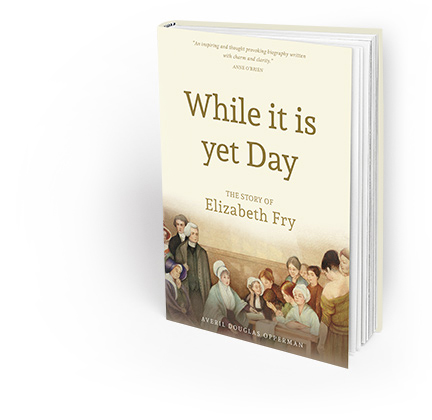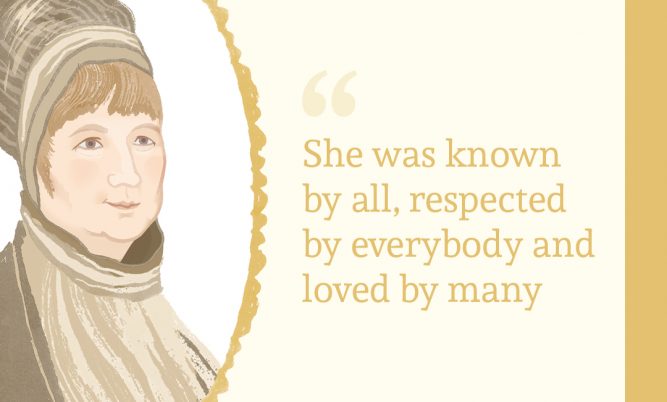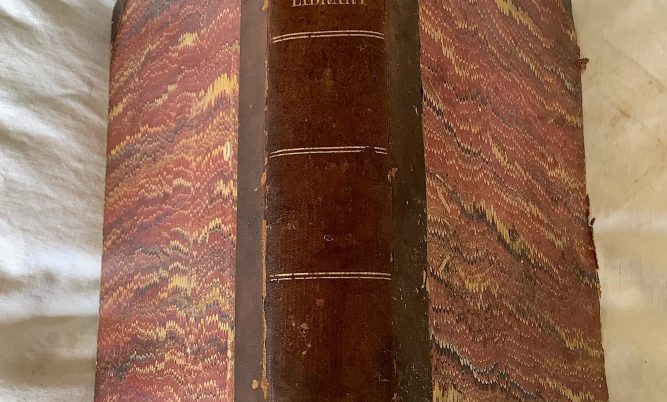It is hard to believe that a gentle, peace-loving Quaker could have had such an influence on the political future of Ireland after the 1916 Rising.
My grandfather, Senator James Green Douglas was a modest man and I only knew him briefly when he was very elderly and I played board games with him. I had no idea of the part he had played in shaping the destiny of our country.
In his memoirs, edited by J. Anthony Gaughan, he says: ‘It is almost impossible to express in writing the effect which the Rising of 1916 and the events which followed had on my mind. By training and conviction a pacifist, I do not believe that I was impressed very much by the fact that a small number of badly-armed Irishmen had held out for several days against the might of the British Army.’
‘Nor was I at the time impressed by the declaration of a republic. Looking back I am inclined to believe that the presence of armed British military in our streets and the fact that I could only move about because I had a British military permit made me realise for the first time that Ireland was really being held to England by force and that no normal parliamentary action by Irish men and women could change that position.’
‘As with many Home Rulers, my attitude of strong disapproval was changed into one of sympathy by the executions of the leaders.’
Grandfather had feared the Rising might be an act of folly which could postpone dreams of self-government indefinitely.
Just before the Rising, he helped his father and uncle evacuate their staff to the safety of their own homes outside the city. Their staff lived and worked in the heart of Dublin. A small committee of Quakers had been given British permits to help those families starving in the inner city because of lack of supplies due to the Troubles.
Afterwards, while continuing to abhor violence, he researched every aspect of possible independence for Ireland and was involved in most of the negotiations until it was achieved.
He was a founding member of the Irish White Cross which provided relief for those in need during the years of fighting. It was strictly non-political and non-sectarian and it was through this organisation that he met the charismatic Irish leader, Michael Collins.
As Brian Fallon says in a foreword to Gaughan’s book: ‘They were a striking contrast, an unlikely couple, the Quaker pacifist and the “Big Fella” – the Dublin businessman and the West Cork rebel. It says much for the character and capacity of each that they forged a close working relationship and trust that endured so fruitfully in such troubled times.’
When finally in 1922 Collins became chairman of a provisional government with responsibility to draft a constitution for an Irish Free State, he asked Grandfather to be chairman of the constitution committee. He declined on the grounds that he was insufficiently qualified to be chairman but he joined the committee and greatly influenced it. He served in the first Irish Senate and was known for the consistent quality of his regular contributions. He was deeply upset when Collins was ambushed and assassinated later in 1922.



